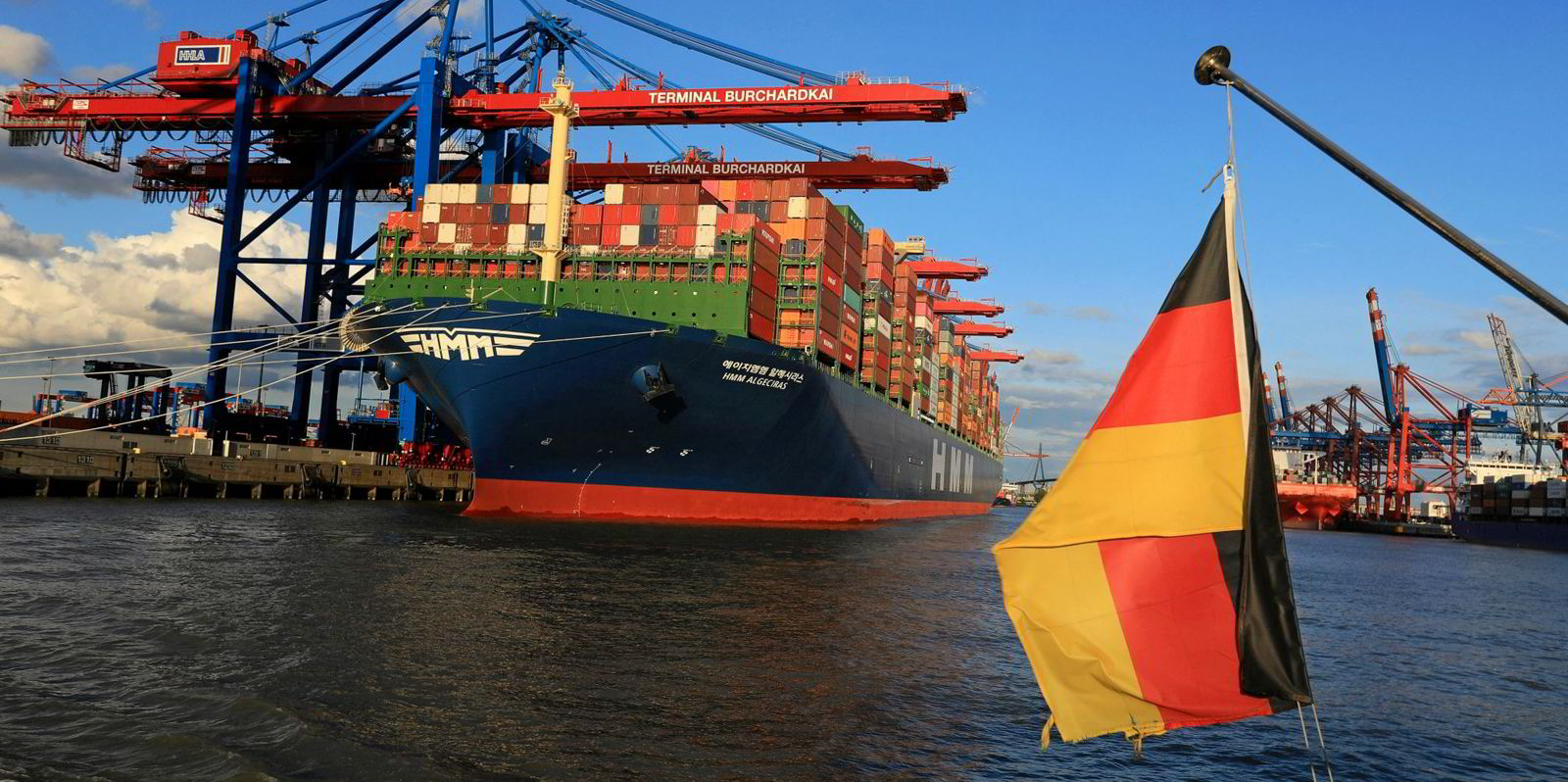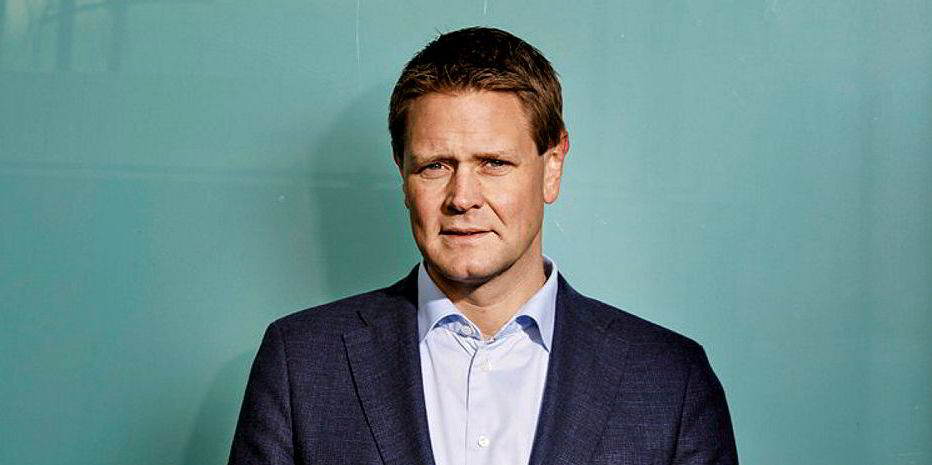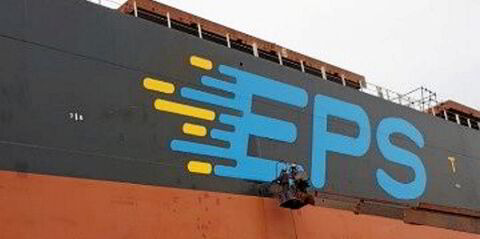German shipowners have declared an end to their decade-long shipping crisis as the exodus of ships from the country recedes.
“We have largely put the crisis that has preoccupied us since 2009 behind us and, in many segments, we have surprisingly also navigated through the pandemic unscathed so far,” Alfred Hartmann, president of the German Shipowners' Association (VDR), said.
He told journalists at its annual press conference on Tuesday that Germany remains the world’s fifth-largest shipping nation and that larger owners were increasingly optimistic.
The country retained a 4.5% share of the global merchant fleet at the end of 2020 — just 0.4% down on the previous year.
While its boxship fleet had declined, Germany still retains the second largest containership fleet with a 12.5% share by gross tonnage.
VDR figures suggest there are some sectors where the country possesses a greater numbers of larger vessels than before.
That includes the tanker segment, where there are 203 tankers today compared with 112 in 2002.
New Normal
“Following the years of unusual growth in the early 2000s — especially in the container segment — and the subsequent decline, we now have a new normal,” Ralf Nagel, chief executive of the VDR, said.

“The German fleet is roughly as strong and in large parts even stronger than it was before the boom,” he said.
The number of ships on the German shipping register fell by 139 vessels to 2,001 vessels of 48.7m gt at the end of 2020.
Almost half of the German fleet was registered with a flag of another European Union country — notably Portugal, Cyprus and Malta.
“Despite the pandemic, we are seeing a new dynamic in some maritime shipping markets in which German companies are active,” Nagel said.
Crew changes worries
The VDR expressed concerns over the problem of crew changes.
“We are confronted with constantly changing regulations regarding tests and quarantines, which makes this task exceedingly difficulty," Hartmann said.
He added that seafarers should be given key-worker status and priority access to vaccinations.
“We must not get into a situation in which seafarers cannot get on board because they haven’t been vaccinated yet,” he said, adding that this would exacerbate the crew-change problem.
German shipowners are also critical of any EU plan to create a regional trading system for greenhouse gas emissions.
“Shipping is the most international of all industries, so it needs international regulations,” Nagel said.
“We doubt that a regionally limited emissions trading system can achieve what it aims at: reducing CO2 emissions in a lasting way. The appropriate forum for such regulation is the IMO.”
Vital role
With roughly 200 members, the VDR represents the majority of the German fleet.
But the association remains uncertain whether the German shipping community can retain its optimism going forward.
“At the moment, no one can predict whether this positive trend will continue, especially in the container shipping segment,” Hartmann said.
However, he added that the shipping sector has already demonstrated its vital role throughout the pandemic.
“We have kept sailing and we have delivered in the truest sense of the word,” he said.






